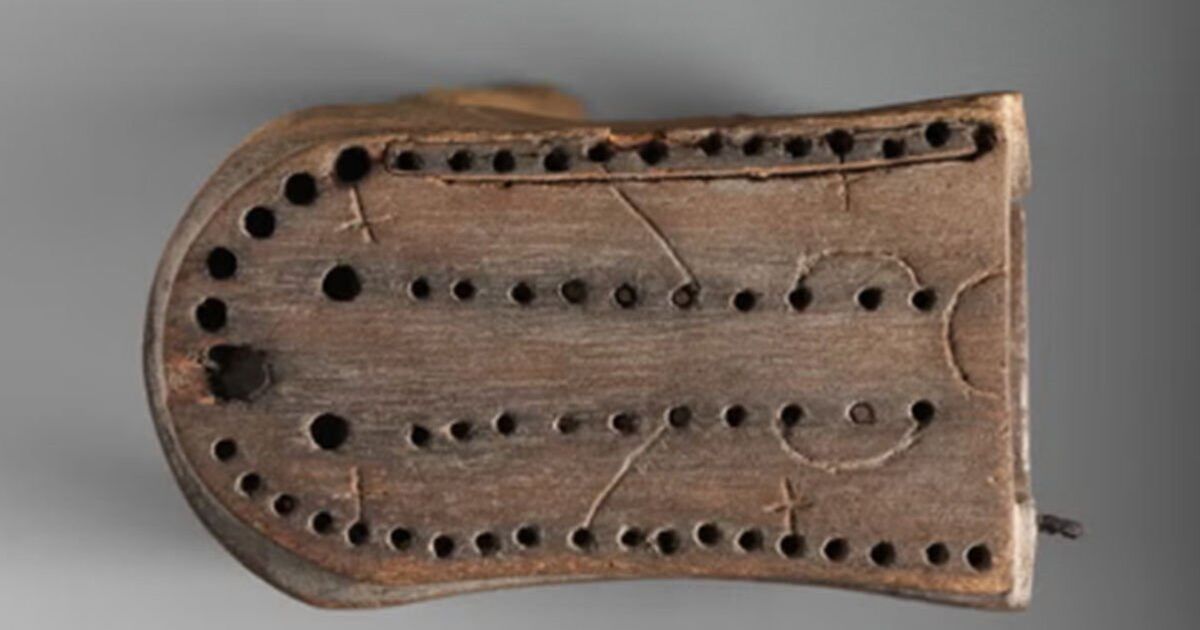A new study has found that a popular board game in Ancient Egypt in fact originated from a completely different part of the world.
Hounds and jackals – a game where two players try and move pieces to the other end of the board before their opponent – originated in southwestern Asia, the researchers concluded.
Archaeologists found rock carvings of the game dating back to around 2000BC.
The carvings were found at sites in Azerbaijan, suggesting that the game was played by cattle herders in the region thousands of years ago.
The researcher said: “At certain times in antiquity, particular games were regionally popular, suggesting that they helped to connect cultures that regularly interacted with one another.
“The game of 58 holes probably served this purpose in the second millennium BC in Egypt and southwestern Asia, because it was the only game played throughout the region.”
The period around 2000BC coincides with the oldest example of the game, which was found in the tomb of an Egyptian government official who died between 2064 and 1952 BC.
The game sees two players with pieces shaped like jackals or hounds compete on a board with peg-shaped holes.
In the middle of the board are two parallel lines of 10 holes and an arc of 38 holes around them, adding up to 58 holes.
Players try and reach the other end of the board first in a way that is similar to snakes and ladders.
But the game has many different variations originating from the Middle Bronze Age through to the Iron Age.
Experts have found 70 hounds and jackals boards around the world in Egypt, the Levant, Mesopotamia, Iran, and Anatolia.
This proves the game was widely played.
In Azerbaijan, six more boards were found in Agdasduzu, Capmalı, Yenı Turkan, and Dubandi.
The researchers added: “The fast spread of this game attests to the ability of games to act as social lubricants, facilitating interactions across social boundaries.”











